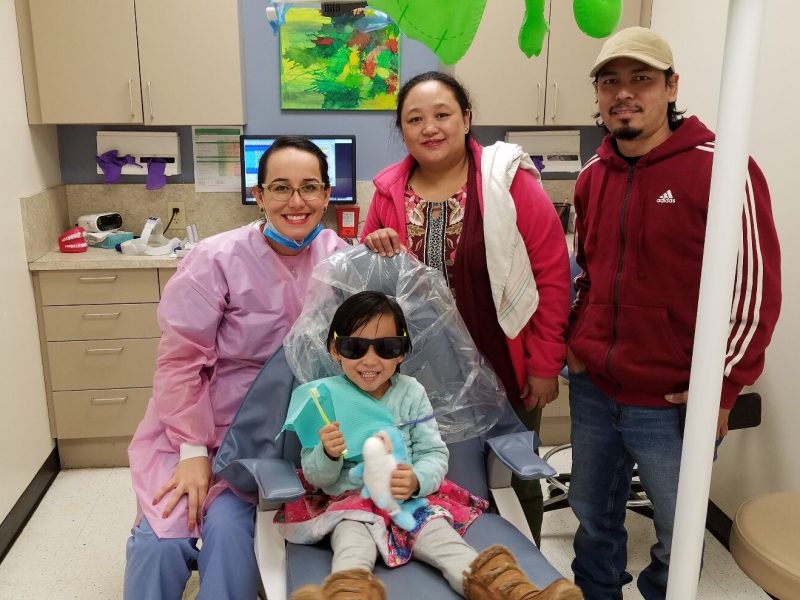Cookin’ it up at the Midwest Culinary Institute
Hold
In a hot and bustling kitchen on the campus of the Midwest Culinary Institute at Cincinnati State, Chef Matt Winterrowd commands the room like a backstage director.
Before students head out to the dining room at the school’s The Summit restaurant, the action pauses as the chef leans over a small table-clothed stand and inspects each dish.
The performance continues as servers come and go with unusual plates from an eclectic menu: spicy sea scallops served with cauliflower and a cold peanut sorbet – or a new take on burger and fries, Kobe beef steak surrounded with fancy garnishings.
The fine-dining restaurant is a year old now, and has already gained a reputation as an innovative stage for Cincinnati’s future culinary all-stars.
But it’s not just exotic dishes that are multiplying at the Midwest Culinary Institute, the school’s numbers are exploding as well. When Dan Cayse, Cincinnati State’s vice president of strategic initiatives and entrepreneurial development first came to the college 35 years ago, the culinary program had seven students. It now boasts 700 and he wants 200 more.
Cooking is downright trendy. In the mid-1990s, the United States was home to 269 career cooking schools and 154 recreational cooking schools, according to ShawGuides’ “Guide to Cooking Schools.” Today, those numbers have nearly doubled.
Case says the primary difference between the Midwest Culinary Institute and the prestigious Culinary Institute of America is about $50,000 in tuition. Cincinnati State’s program costs $12,000 to $15,000 a year with most students receiving a two-year Associate’s degree. Graduates can also earn an Associate of Applied Business degree, which includes business classes designed to build strong chefs into strong managers.
Until recently, the culinary school attracted students primarily from the Tristate. Now it also draws students from New York, New Jersey, Florida, Michigan and Wisconsin. Graduates spend time outside the Institute’s classrooms with required co-op assignments in area hotels and restaurants.
Joe Moss, the culinary school’s director says once graduates finish their degree, they can go to work immediately with an impressive job-placement rate of 99 percent. Although some leave for greener pastures in places like Vegas or Miami, many graduates remain in the Cincinnati area where they go to work as corporate chefs at Kroger or Procter & Gamble or at one of the areas multiple “flavor factories.” Many are hired by local independent restaurants. Almost the entire staff at the Mt. Adams’ culinary gem, Daveed’s graduated from the program.
That’s a future that looks good to Antonio Munoz, a 20-year-old culinary student from West Chester who enrolled in the Institute with hopes of running his own restaurant one day.
“It has small classes, and it makes it easier to talk to the teachers,” says Munoz, who attends classes between working two restaurant jobs. He sees the Institute’s affordable tuition as a means to turn his dream into reality.
Still Growing
Four years ago, Cayse oversaw a $55 million expansion of the Culinary Institute’s external building with another $30 million in improvements to its expansive kitchens. The facility includes 12 kitchens, a demonstration theater equipped for television broadcast, state-of-the-art technology and plasma TV screens in every classroom and its own meat and fish butcheries.
The program offers four certificates in culinary arts, pastry arts, personal chef and dietary management. It also partners with the University of Cincinnati to offer a four-year degree in culinology, which blends the science and technology of food production with culinary artistry used by chefs.
Chef Meg Galvin, an instructor at both Cincinnati State and UC, holds the respected title of World Master Chef with a degree from The Cordon Bleu in London. She views Cincinnati State’s culinary school competing on a national level.
“I want people to know it’s not just a dumping ground for people who can’t make it in a four-year college,” she says skimming butter for her soup and sauce class. “It’s an extensive cross-curriculum.”
Students of the Culinary Institute come from multiple backgrounds. At 37, Elizabeth Dayon of East Hyde Park had worked in human resources performing risk management and administering workers’ compensation. Now she’s hitting her creative stride working towards her degree. And at 7 months pregnant, she sees Chef Galvin, a mother with two sets of twins, as something of an inspiration.
Moss, the Institute’s director, likes the fact students come with a variety of life stories. His hope is to reach more of the community by opening cooking classes to the public and working with Channel 12 on a local television program called The Dish. He plans to further market the fine-dining restaurant as well as create more catering and corporate event opportunities for his students.
“It’s taken a little while for the word to get out that we’re here,” he says.
Winterrowd, chef de cuisine at The Summit, is a 2002 Midwest Culinary Institute grad himself and is proud of the strides Cincinnati State is making. No stranger to high-pressure kitchens, his resume includes local restaurants Jean-Robert at Pigall’s, Boca and Daveed’s as well as Trio in Chicago. But he says he much prefers the setting in a culinary school kitchen which he does not run like a cut-throat judge you may see on television. Quite the opposite, in fact as he works to share with his students the fine art of cooking coupled with a rewarding dining experience.
“Fine dining doesn’t have to be rigid and formal,” Winterrowd says. “It should be fun. It’s all about the adventure.”













